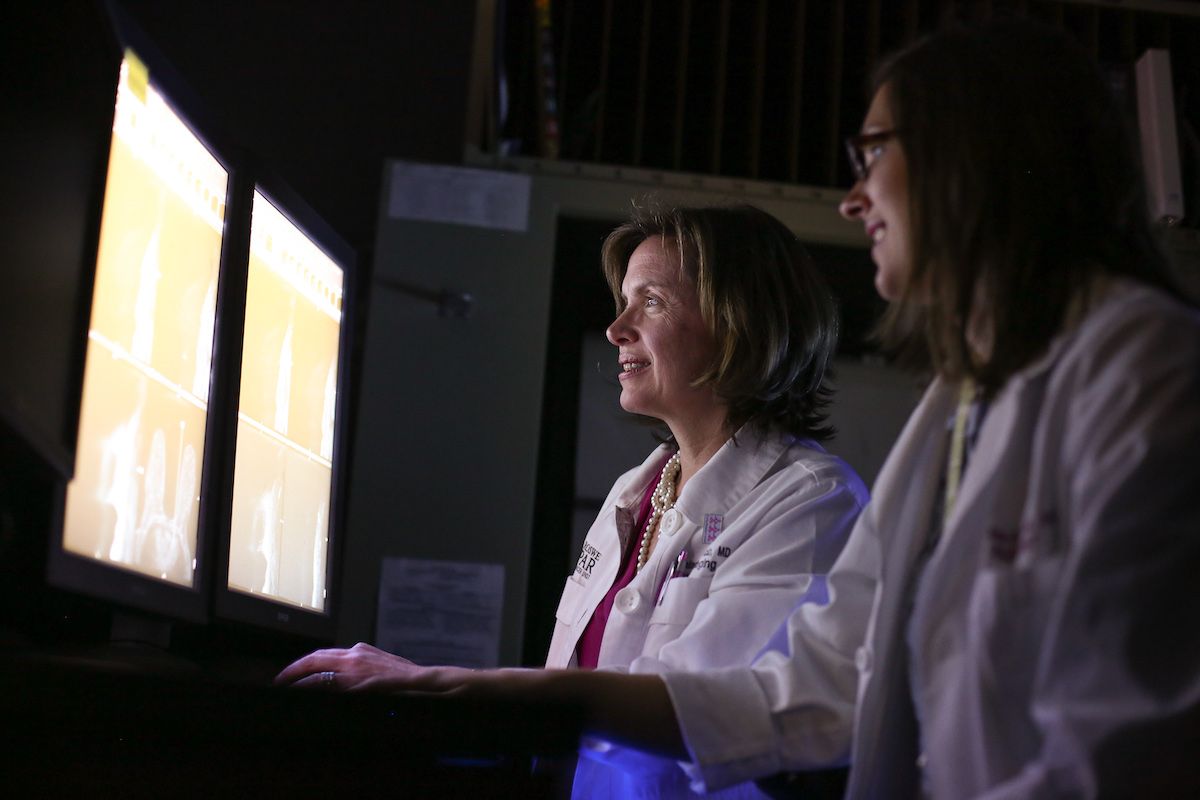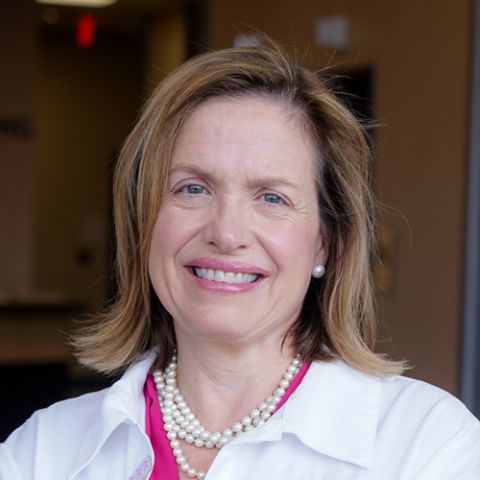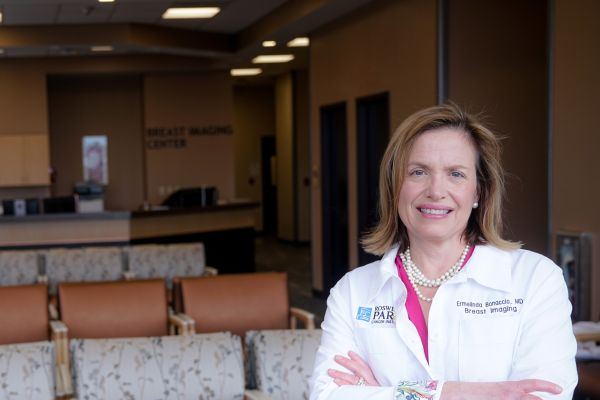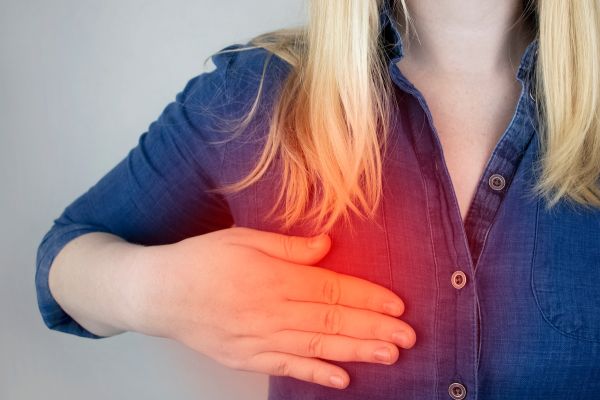What are dense breasts?
When we look at a mammogram, one of the first things we look at is breast density – the amount of fibroglandular tissue in the breast compared to the amount of fat. The higher proportion of breast tissue to fat, the denser the breast.
Why does breast density matter?
On a mammogram, fat looks dark grey or black whereas breast tissue looks white. That white area can be an issue because many small breast cancers also appear as white, so it’s harder to detect them in dense breasts.
What screenings or types of mammograms do you recommend to women with dense breasts?
Women with dense breasts should seek out tomosynthesis, also called 3D mammography. 3D mammograms have been shown to better detect breast cancer in women with dense breast tissue — as well as in women with non-dense breast tissue. Women with dense breast tissue who are at average risk for breast cancer may consider annual screening breast ultrasound in addition to their mammogram.
Screening breast ultrasound, performed in conjunction with mammography, has been shown to detect more breast cancers than mammography alone, but they also have an increased rate of false positives. This may result in a recommended six-month follow-up appointment or a benign (noncancerous) breast biopsy.
Women with dense breasts have a slightly increased risk of developing breast cancer, but they are not considered high risk.
Should women with dense breasts be screened before age 40?
No. Here at Roswell Park, we follow NCCN guidelines for screening breast mammography. These guidelines recommend annual mammograms beginning at age 40 for average risk women. Women who are at high risk due to a strong family or personal history of breast cancer, a genetic mutation or a few other risk factors may need to begin annual screening at a younger age.
Are certain women more likely to have dense breasts?
Women in their forties, or who are pre-menopausal are more likely to have dense breasts. More than half of women under age 50 have dense tissue, which drops to 40% of women in their fifties and a quarter of women over the age of 60. Breast density decreases in women over 50 because of the lack of hormones after menopause.
Can women tell they have dense breasts before getting their first mammogram?
It is not possible to know if you have dense breasts just by feel or physical exam — this will be detected through a screening mammogram.



